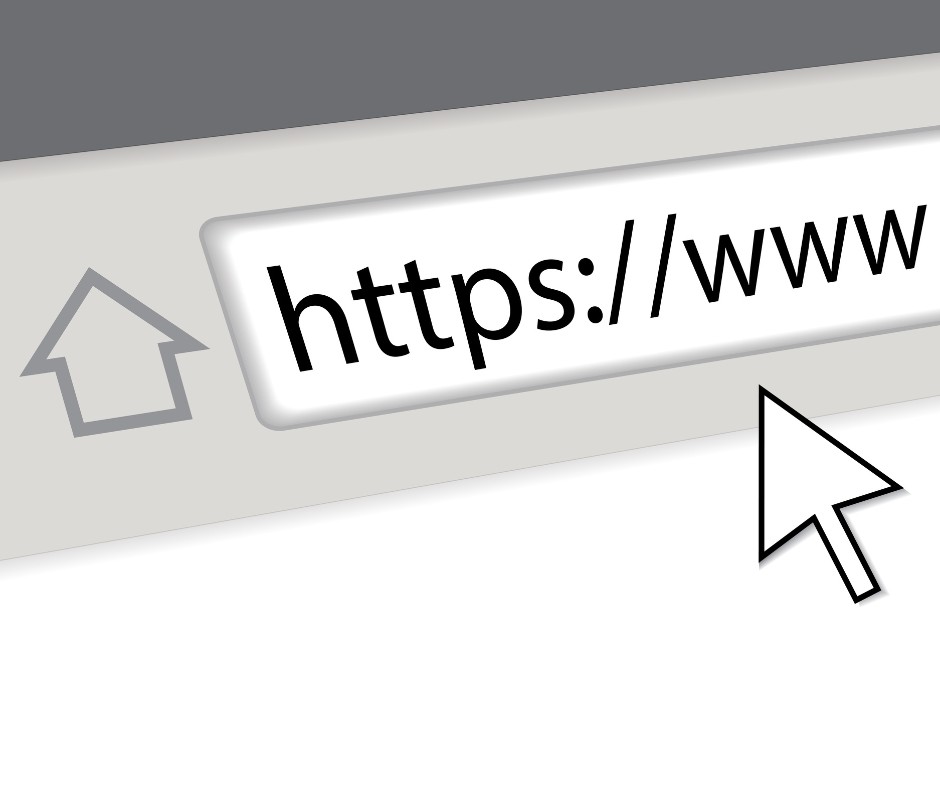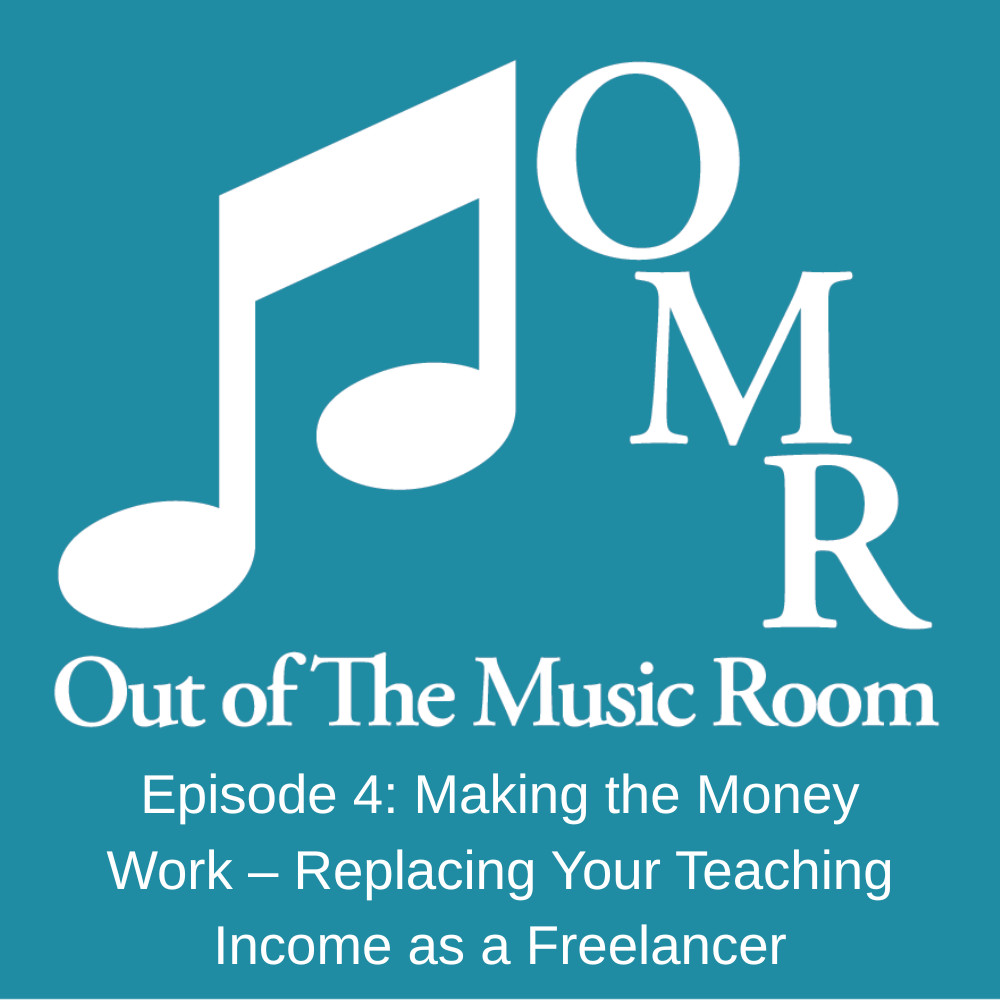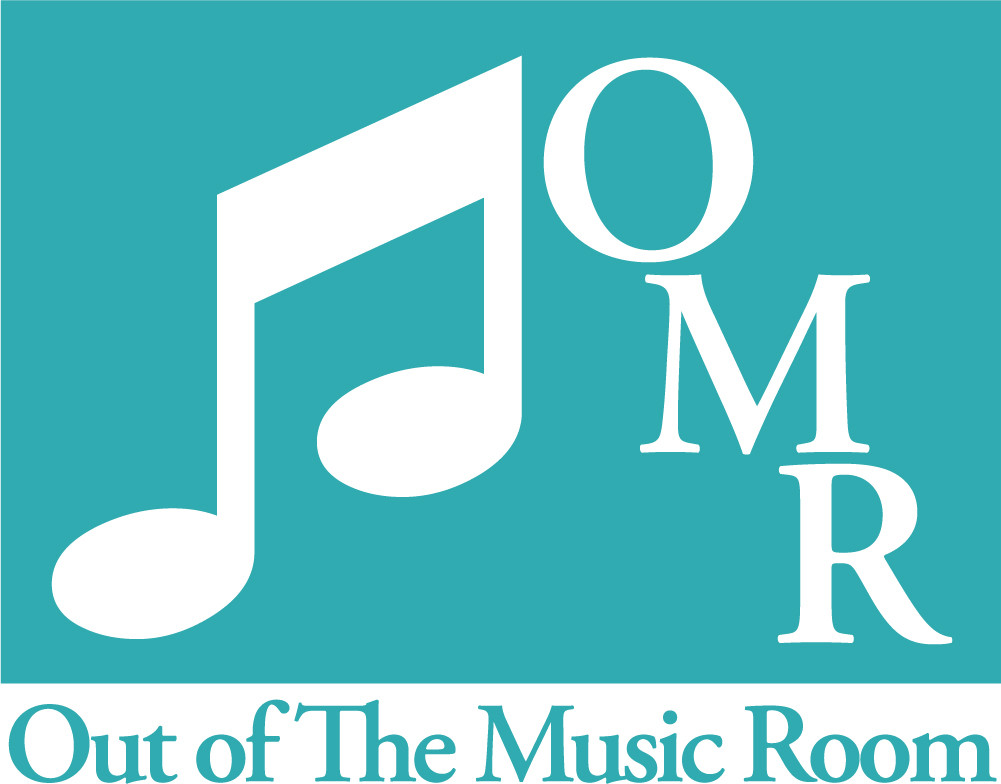I have always been sensitive. That's a word that has described me, my body in particular, my whole life. I have skin sensitivities to fabrics, bruise easily, I get cold easily, I tend to be on "alert" all of the time (no coffee needed here!), I'm a musician and very creative, and I don't even THINK about using any conventional personal care or other products that are scented... they bother my skin, and they bother my respiratory system too. I've never been able to use any scented products because of the discomfort and increased sensitivity they cause. I can't be around people who wear perfume or scented deodorant, because I can't breathe well and my head has discomfort. I can't go into a public bathroom that has been just cleaned because of the toxic chemicals they used to clean it. I can't enjoy candles or most lotions or makeup like most women I know because I'm sensitive to it.
During my first semester of college, I started to develop debilitating discomfort in my jaw, which I was later told is TMJD or temporomandibular joint dysfunction, not just the kind of little twinge when you bite down on something too hard, but long-lasting aching, along with clicking and cracking. It was exacerbated by singing, gum-chewing, caffeine, and other things, and I was easily able to cut out all of the things listed on my doctor's list except for one -- singing. I was a vocal music education major, and singing was my livelihood (or at least soon-to-be), so I couldn't just not practice! I struggled so hard for 2.5 years through long choir rehearsals, voice lessons, practice sessions, and more. By the end of the day, it would be so bad that I'd almost be in tears. My roommates and boyfriend (and his roommates!), bless their servant hearts, would bring me freezing cold ice packs to numb my face enough so that I could fall asleep at least, though I would wake up in the night unable to fall back asleep due to other sleep issues I also was dealing with.
It seemed like a vicious cycle that I needed to stop. Maybe I needed to change majors and give up my dream of making music, of teaching others to make music too. Maybe I needed to pick something that didn't require so much singing and talking. Even smiling a lot bothered me, so maybe I needed to pick a major or job with less human interaction. But THAT idea broke my heart. I didn't enjoy any of the things I could think of! My boyfriend at the time (now husband!) and I had many conversations about what I should do... singing was part of the fabric of my BEING. I am MADE to sing. If you know me, you know that hardly an hour went by without me humming or singing some little tune. But my jaw bothered me so much most of the time that I needed to change SOMETHING. But what?
And that's when change came...
I found some natural and pretty simple solutions -- though simple doesn't always mean easy! It required a LOT of discipline and self-control on my part.
I'm blessed now to have so many versatile tools in my tool box for any emotion, body system, or issue I may be experiencing. So, where am I now? Healthier than I’ve EVER been. I have NO jaw issues anymore when I keep up my self-created protocol. I sleep through the night. I feel so much better now that I'm sleeping more and deeper. I've spent 4 years now working through the emotional issues I faced in early career, and I am so happy that I can now FEEL emotions without feeling completely run-over and frozen by emotions. I’m also happy to say that I have only had little illnesses since finding solutions, not the constant strep throat and other illnesses I was getting at least once per month before! And, that’s saying a lot as I was constantly around germs while working full time with 500+ elementary students. But once I started supporting my immune system, I stopped getting sick every couple of weeks. I can clean with the most amazing smelling cleaner without coughing. I can wear my own homemade "perfume" and get compliments, and not only does it smell good, it supports my body systems. I can use amazing smelling shampoo now! I can have twice as much energy for the day without drinking any coffee or sugary drink. When I started having these successes, I was at first in disbelief, and now in awe at all that God's created, I believe, and given us for our good. Now these are my first line of defense, my go-tos, the first thing I do when something is off, which is not very often anymore (usually just when the weather changes, ah MN life).
I look forward to living a beautiful life of freedom and feeling empowered every single day, enjoying the life I was meant to live. That life includes sharing my story of overcoming and helping you also find better, safer solutions to overcome your daily struggles.
Are you ready to live empowered to be your own best advocate? Let's chat.
Contact












